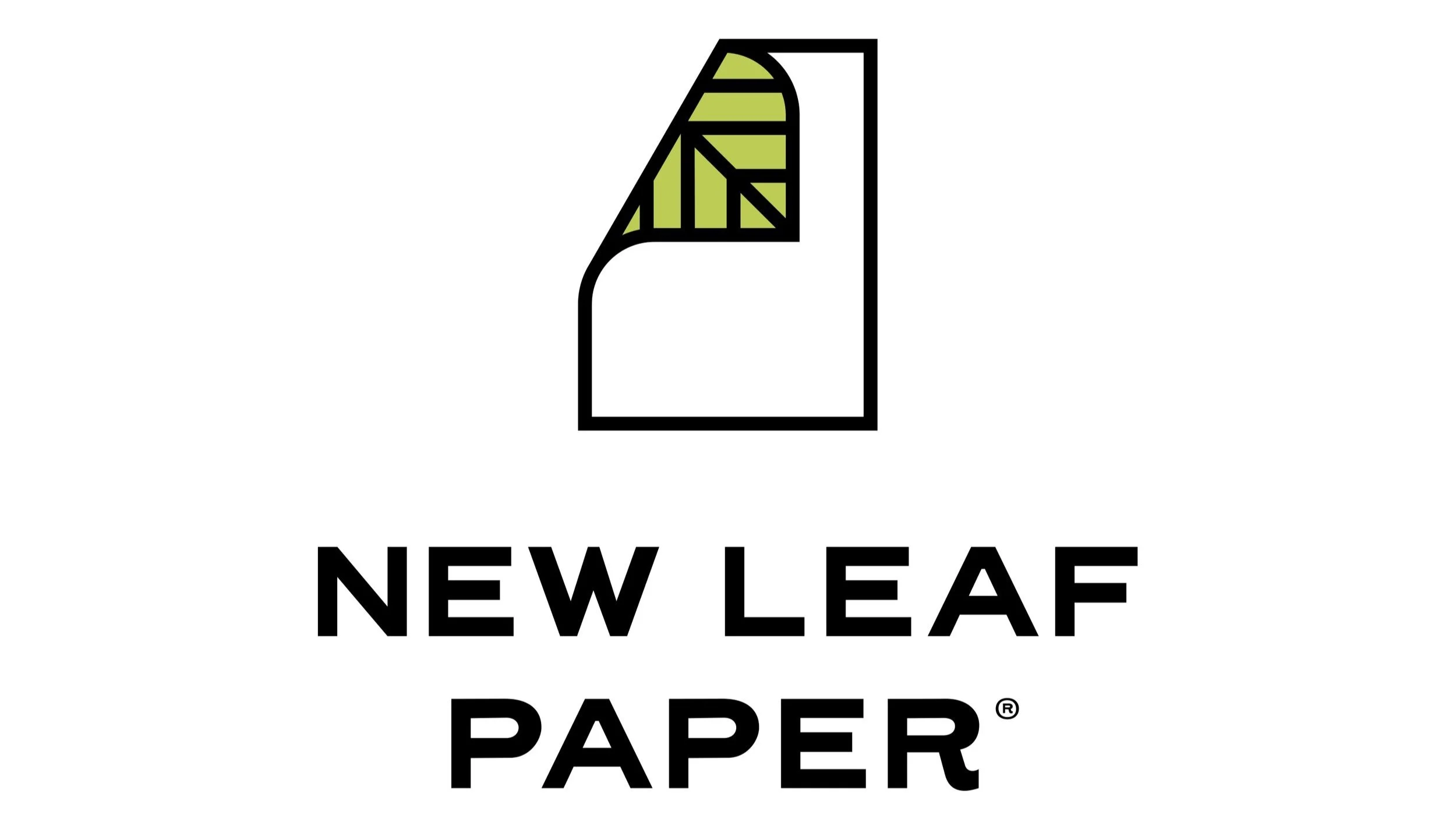EUDR Will Start The End Of The Year, Are You Ready?
New regulations are on the way for organizations selling and buying in the European Union. We have compliant products, and we’re here to help offer support!
What is EUDR?
The European Union Deforestation Regulation (EUDR) is a regulatory policy that is aimed at reducing the impact of European Union consumption on global deforestation and forest degradation by making sure that certain commodity items and products sold on the EU market are “deforestation-free”. Essentially, meaning that the products can’t have origin from land deforested or degraded after December 31, 2020.
The main objective is to reduce the European Union’s contribution to deforestation and forest degradation, ultimately creating a more sustainable marketplace. You can read more about the EUDR here from the European Commission.
What products are impacted by EUDR?
The regulations apply to specific commodities including wood, cocoa, coffee, palm oil, rubber, soy, cattle, and includes their by-products. Wood products, which typically are most connected to harvesting, have an additional “degradation-free” requirement.
Paper products, specifically those made from wood pulp or wood pulp blends, are covered by EUDR regulations, and will need to be compliant with EUDR requirements by the end of 2025.
Is PCRF EUDR compliant?
At this time, 100% post-consumer recycled fiber paper products, like New Leaf Paper’s Everest Inkjet (100%), EnviroSatin®, New Leaf Harmony® Offset, New Leaf Ingenuity®, and Harmony Office Copy Paper®, all have already met – and have historically met—the stringent requirements set forth by the EUDR.
Recycled papers which include a portion of PCRF combined with a portion of virgin wood fibers will also be regulated by EUDR, and as a result, will also need the ability to show geolocation information in due diligence as requested. This information will need to be provided by the “Operators” directly selling or buying paper products with wood fiber contents to/from the European Union.
Typically speaking, suppliers “upstream” of the Operator in the supply chain will be called upon from the Operator to provide EUDR compliance information for their product orders. For paper products, this means everyone from the pulp source to the paper mill, to the printers and publishers, everyone should be able to supply EUDR information as requested for the products they are working with. More information on recycled items and EUDR can be found here from CEPI (Confederation of European Paper Industries).
We’re ready to help!
New Leaf Paper is happy to be an educational resource for you with EUDR, and we can help you and your organization create a plan for on-going success with the new regulation. Please reach-out to us with any questions, or to understand how we can support EUDR requirements with 100% PCRF products. Further, we’re also working on innovative solutions to be able to support our customers with EUDR compliance with our PCRF blended products and look forward to sharing more there as we advance towards the end of the year.
How is paper regulated?
EUDR legislation was created in Europe, however the implications of the new regulation are global. Corporations that place or export products in the impacted categories in or from the European Union marketplace will have to conduct due diligence to be able to prove compliance with the regulation. That compliance includes confirming that the products have been sourced from land which was not deforested or degraded after December 31, 2020.
For wood related items –including paper utilizing wood pulp—part of the due diligence requirement involves geolocation tracking of the raw resources. That is to say; suppliers need to be able to prove and document which specific plot of land wood was harvested to make the wood product being sold.
Depending on the supply chain and product category, companies may also need to verify all products are compliant with relevant legislation in the country of production, including rights of affected Indigenous Peoples, and other aspects of human rights.
What are next steps for compliance?
With the EUDR deadline quickly approaching as we move towards the end of the year, the best place to start is to ensure you understand your organization’s requirements in the supply chain, what information you may be required to supply, and to understand your supply chain partner’s positions and roles in the process. You can click here to learn more about EUDR compliance and your organization’s role and responsibilities.
Recycled paper products help:
Divert waste from landfills, reducing methane emissions.
Prevent deforestation and protect vital carbon sinks.
Empower businesses to meet their sustainability goals.
Celebrating the Effect of Positive Change
By supporting recycled paper, we can create a ripple effect of positive change—protecting forests, reducing greenhouse gases, and fostering a more sustainable economy. Together, we can turn challenges into opportunities and make a tangible difference, one sheet of paper at a time.






